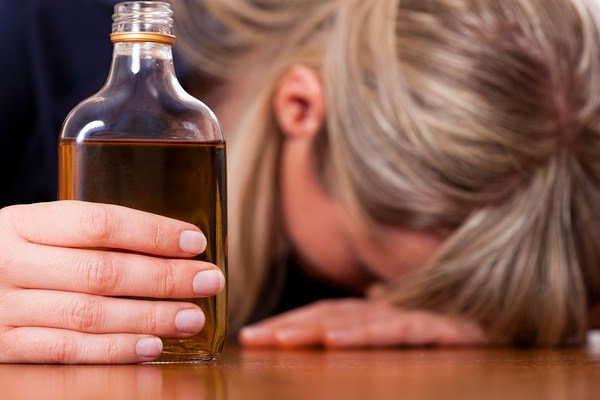
As is the case with many drugs, alcohol affects women and men differently.
There are many differences between men and women, but how does gender affect addiction? You may remember the book that gained popularity in the early 1990s entitled Men Are from Mars, Women Are from Venus. Though the book was about communication styles and relationship issues between men and women, it did open a sometimes humorous dialogue about the differences between the sexes.
As it turns out, there is yet another significant difference between men and women. That difference involves the way the two genders become addicts.
Men still outnumber women when it comes to alcohol and drug dependence, but that may be changing soon. The National Council on Alcoholism and Drug Dependence (NCADD) reports:
“Women are the fastest-growing segment of alcohol and drug users in the United States. In fact, up to 4.5 million women over age 12 in the U.S. have a substance use disorder, 3.5 million misuse prescription drugs, and 3.1 million regularly use illicit drugs. Each year, over 200,000 American women die as a result of alcoholism and drug dependence, with more than 4 million women in need of treatment for their addiction.”
Addiction is a serious issue for both genders, but the way addiction begins and progresses is different between men and women. And the way treatment for addiction works is also different.
Motivation for and Effects of Drug Abuse
Take, for instance, cocaine use. The motivation for trying out cocaine seems to be different for men and women. Studies reveal that men generally use cocaine when they are feeling good and want to feel even better. On the other hand, women who use cocaine generally do so to self-medicate when they are feeling depressed or unhappy.
What about the effect of cocaine on the different genders? Cocaine, like most addictive substances, causes brain cells to release dopamine, which leads to the “high” that often characterizes drug abuse. Interestingly, estrogen appears to play a part in how much dopamine is released and how sensitized to the drug a person becomes. Therefore, a woman’s higher estrogen level intensifies both the immediate response to cocaine and the long-term changes in brain chemistry that cocaine causes. The result? A woman’s cocaine addiction may advance more quickly and become entrenched more deeply than cocaine addiction in a man.
Similarly, alcohol addiction occurs differently in men than in women. Men, in general, have higher rates of alcohol use than women. However, DrugAbuse.gov reports: “Drinking over the long term is more likely to damage a woman’s health than a man’s, even if the woman has been drinking less alcohol or for a shorter length of time. Comparing people with alcohol use disorders, women have death rates 50 to 100 percent higher than do men, including deaths from suicides, alcohol-related accidents, heart disease, stroke, and liver disease.”
Gender-Specific Drug and Alcohol Rehab
Addiction is a serious issue no matter what gender is affected by it. However, due to the differences in how men and women become addicted, how their bodies are affected, and how they respond to substance abuse treatment, it makes sense to seek out drug and alcohol rehab that is designed to be gender-specific.

You can break free from addiction with the proper help and support.
We’re Here to Help
Harris House offers drug and alcohol rehab programs tailored to your specific circumstances. With a hands-on approach to substance abuse treatment, Harris House provides you with the specific tools you need to successfully achieve sobriety, battle your addiction, and emerge a free person. Contact us today to discuss your situation and let us help you get started on the road to true recovery.







